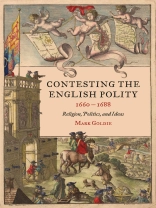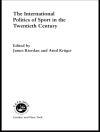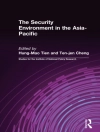What did people in Restoration England think the correct relationship between church state should be? And how did this thinking evolve?
Based on the author’s published essays, revised and updated with a new overarching introduction, this book explores the debates in Restoration England about ‘godly rule’. The book assesses some of the crucial transitions in English history: how the late Reformation gave way to the early Enlightenment; how Royalism became Toryism and Puritanism became Whiggism; how the power of churchmen was challenged by virulent anticlericalism; how the verities of ‘divine right’ theory revived and collapsed. Providing a distinctive account of English thought in the era between the two revolutions of the Stuart century, ‘Contesting the English Polity, 1660-1688’ discusses the ideological foundations of emerging party politics, and the deep intellectual roots of competing visions for the commonwealth, placing the power of religion, and the taming of religion, squarely alongside constitutional battles within secular politics.
Jadual kandungan
Preface
Acknowledgements
Abbreviations
Introduction
1. The Theory of Royal Sovereignty
2. The Theory of Religious Intolerance
3. The Reception of Thomas Hobbes
4. Danby, the Bishops, and the Whigs
5. Priestcraft and the Birth of Whiggism
6. Toleration and the Godly Prince
7. Toleration and the Huguenots
8. Andrew Marvell’s Adversaries
9. Annual Parliaments and Aristocratic Whiggism
10. William Lawrence and the Case for King Monmouth
11. Sir Peter Pett, Sceptical Toryism, and the Science of Toleration
12. The Political Thought of the Anglican Revolution
13. John Locke and Anglican Royalism
Index
Mengenai Pengarang
Mark Goldie is Emeritus Professor of Intellectual History in the University of Cambridge and a Fellow of Churchill College. He has edited or authored 12 books and published more than 60 essays on British political, religious, and intellectual history in the period 1650-1800. Two of his books are published by Boydell and Brewer: The Entring Book of Roger Morrice and Roger Morrice and the Puritan Whigs.












